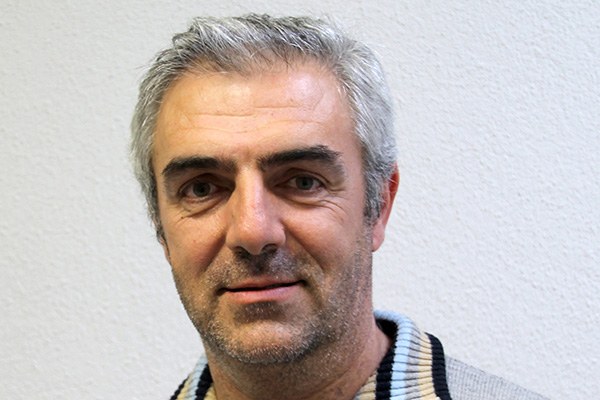News
Point of view: The Alpine community must not forget the refugees!
A young Nigerian woman died in a Turin hospital after she had brought her child into the world. The French police who had picked her up as she, along with other migrant women, had tried to cross from Italy into France at night in the snow on the Colle della Scala (Col de l' Échelle in French), brought her back to Italy and simply left her alone in the cold at Bardonecchia station.
A French mountain guide is being threatened with up to five years in prison because he helped a migrant woman, who was eight months pregnant, at the border crossing of Monginevro. In Bardonecchia itself police stormed a reception facility for refugees. Incidents of this kind are increasingly common at borders in the Alps.
While the Alpine regions are working on a unified Alps via the European Strategy for the Alps (Eusalp), the nation states are fencing themselves off. Where is the spirit of solidarity of the European Union? Can we, within the framework of the Alpine Convention, continue to address issues of the environment, landscape, transport and tourism, while in the cold snow of the Alpine border crossings people are risking their lives having faced great dangers crossing the desert or the sea? Solutions to the immigration problem are difficult to find; here is not the right place to decide on the distribution of refugees, or whether they should be accepted or rejected. But we cannot accept that people fleeing from war and hunger should encounter walls and barbed wire in the Alps, in wealthy Europe, that they do not receive help when in need; or that those who wish to help should be threatened with prosecution and prison. At the same time, small communities on the frontiers should not be left to handle the problem on their own.
Fortunately, there are various human rights organisations and local initiatives that are assisting refugees such as in Briançon in France or in Bardonecchia. Small mountain communities are helping as best they can: one example is Ostana which, with a population of only 80, has taken in six refugees from Pakistan.
Organisations active in the Alps such as CIPRA or the «Alliance in the Alps» network of municipalities are aware of the importance of a well-integrated, pluralistic and multicultural society in the Alps and are committed to this. We must not however limit ourselves to implementing international co-operation projects concerning social issues. We must open the eyes of those international institutions that have previously watched on passively or with indifference when faced with the dramatic events at the borders, making it clear that expressions of openness and welcome are often in reality frustrated by fear and reluctance.
The history of the Alps is marked by migrations. Whole generations of mountain dwellers have at times left their homelands out of necessity and sought their fortune in the lowlands, in industrial cities, in other countries and continents. Many have returned, rich in experience, skills, contacts and financial resources and have contributed to the development of their homeland. We can learn from their stories for the challenges of today.


